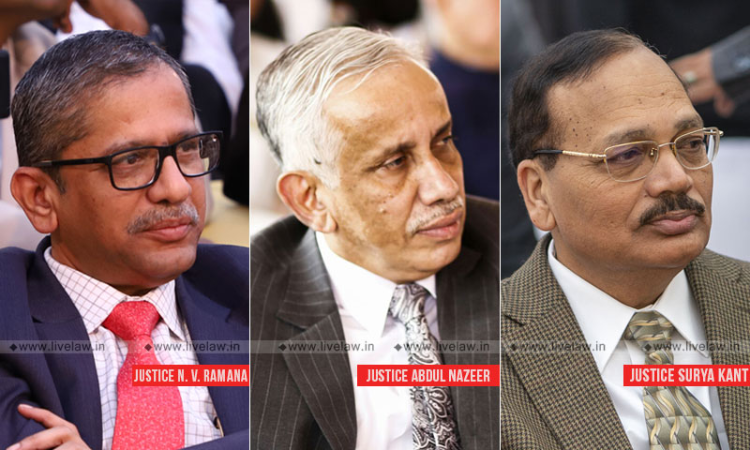Acceptance Of Gift Can Be Inferred By Implied Conduct Of Donee: Supreme Court
LIVELAW NEWS NETWORK
8 Dec 2020 6:48 PM IST

Next Story
8 Dec 2020 6:48 PM IST
The Supreme Court has observed that acceptance of a gift can be inferred by the implied conduct of the donee.Such inference can be ascertained from the surrounding circumstances such as taking into possession the property by the donee or by being in the possession of the gift deed itself, the bench comprising Justices NV Ramana, S. Abdul Nazeer and Surya Kant observed.In this case,...
